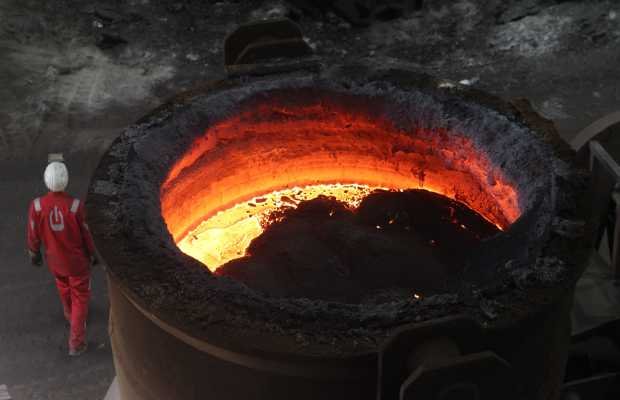Cost of energy hammers EU industry

The European Commission has released a report concluding that high energy costs are harming EU competitiveness and have led to de-industrialisation across Europe. Europe's industrial base has declined from 15.5 per cent last year to 15.1 per cent this year.
The data presented in the report concurs with the World Economic Forum’s competitiveness report showing Europe's decline relative to other parts of the world particularly the United States. Productivity gaps in Europe remain wide and the commission cites "punitive taxation, inefficient public sectors or slow judicial systems" as particular areas of concern.
The report highlights the stark contrast between energy costs for EU industry which are double those of the United States and triple those of China. Productivity and employment continue to lag behind the United States and Japan. Since the start of the Eurozone crisis four million jobs have been lost in industry contributing to an EU unemployment rate of 11 per cent compared to seven per cent in the US.
Antonio Tajani, European Commission vice president responsible for industry and entrepreneurship, told a press conference on wednesday how the EU is addressing issues of competitiveness and industrial decline.
Much has already been done in the context of Europe 2020. We have devised industrial plans for, among others, shipbuilding, cars, steel and construction, as well as a strategy to strengthen the defence and security industry. The task forces for strengthening the six leading sectors identified in the communication – advanced manufacturing, key enabling technologies, the bio-economy, smart grids, raw materials, sustainable transport and construction – are operational.
As well as fiscal compact commissioner Tajani advanced the prospect of an industrial compact.
We need Industrial Compact to balance and integrate action for growth and to attract investments and industrial manufacturing.